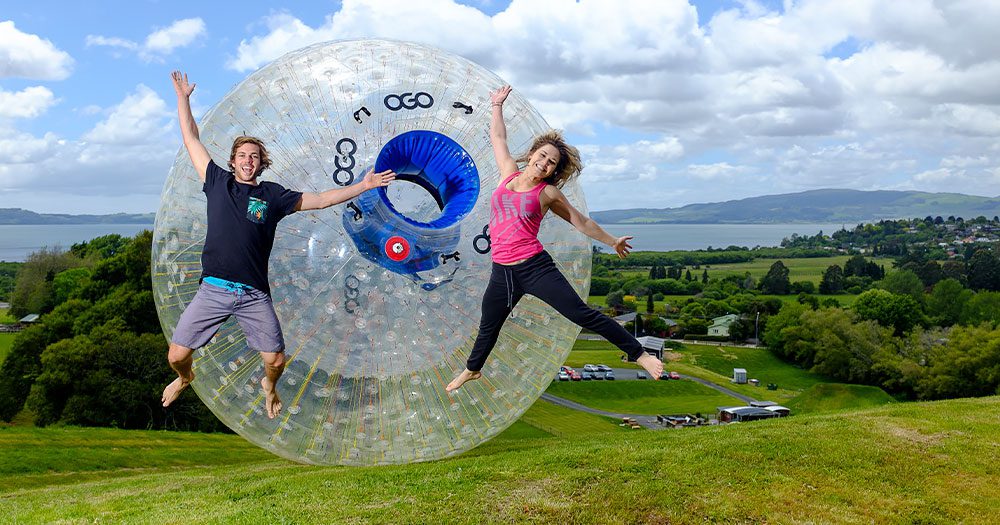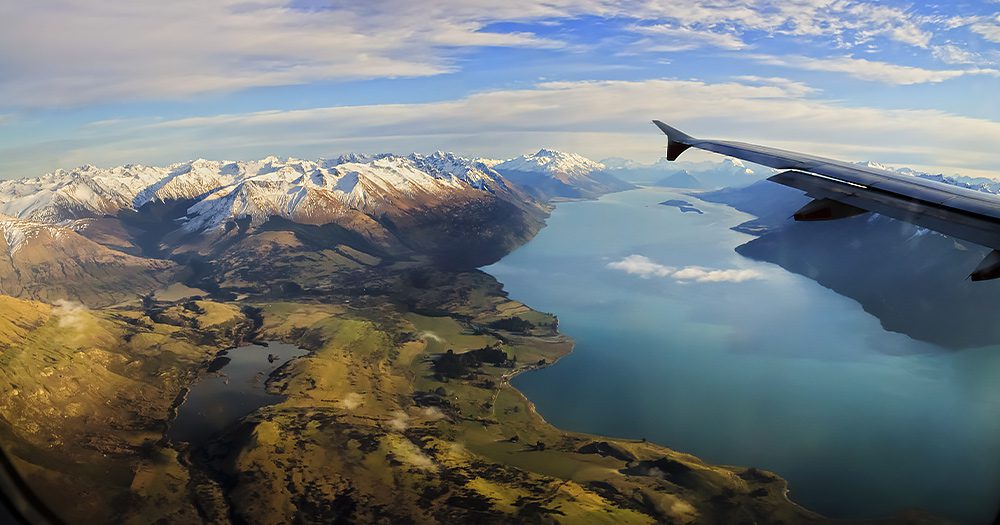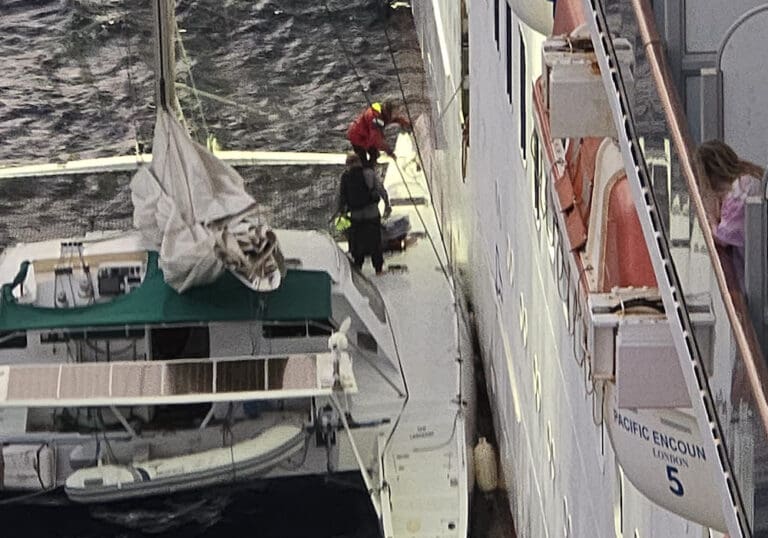New Zealand is opening up after two years of COVID-19 border restrictions, allowing its million-strong Kiwi whānau (family) to finally come home quarantine-free from Wednesday 2 March.
Fully vaccinated Kiwis based in Australia will be able to enter New Zealand without quarantine or self-isolation from Wednesday 2 March, with Kiwis in other countries to follow from Friday.
Prime Minister Jacinda Ardern said the shake-up of her government’s “reconnections” plan on Monday was due to New Zealand’s Omicron outbreak.
Over the last four days, 55,000 people have been identified with COVID-19 in New Zealand, more than the first two years of the pandemic in total.
At that same time, just 90 cases have been picked up at the border, leading Ms Ardern to conclude her border rules were no longer logical.
“Over the past week, the pandemic has rapidly evolved, going from 2365 cases a day to over 14,000 today. As the pandemic is evolving so too is our response,” she said.
Ms Ardern had previously asked a panel of public health experts for their feedback, led by epidemiologist Sir David Skegg.
The advice arrived at 4 pm on Sunday, was considered by Cabinet at 1 pm on Monday, and the update was announced just hours later.
“I know this will be welcome news to the members of our team overseas, eager to travel home to see loved ones as soon as possible. We can’t wait to see you,” Ms Ardern said.
When can tourists return to New Zealand?
The government will also bring forward a timetable to allow other visa-holders, foreigners and tourists into New Zealand.
Though, final decisions on that timetable will be made “in the coming weeks”.
The previous timetable had tourists allowed to bypass quarantine from July.
The quarantine policy has been deeply controversial in New Zealand, as it prevented Kiwis from free entry into their own country, a legal entitlement conferred to them in the bill of rights.
The hard border has also helped New Zealand navigate the COVID-19 pandemic with the lowest case count, hospitalisation rate and death toll in the developed world.

The border was relaxed for three months last year to Australia when both countries enjoyed COVID-free runs, forming the trans-Tasman bubble.
That bubble popped in July, as Australia grappled with Delta outbreaks and New Zealand – with low vaccination rates – retreated into COVID-19 cautiousness.
Now, New Zealand boasts some of the highest vaccination rates in the world, with 95 per cent of those aged 12 and over double-dosed.
Just over 70 per cent of the eligible population have received a third dose.
Ms Ardern said the border relaxation did not come with a promise not to reinstate some controls.
“The usual caveats (apply). We are making these decisions in light of the experience we have and the evidence we have,” he said.
“But the pandemic isn’t over yet. We need to make sure we have in our back pocket all of the tools that have got us through so far.”
COVID-19 Minister Chris Hipkins said travellers would need to be fully vaccinated, take two rapid antigen tests within six days of arriving and submit their results.
“If anyone returns a positive result they will be required to report it and isolate for the same period as a community case,” he said.
While unvaccinated travellers still have to complete a week in hotel quarantine, Ms Ardern said this measure would also be reassessed in time.
The border shakeup follows calls from opposition parties National and ACT for greater freedom of movement.
“From the families that couldn’t see loved ones, to the hospitality businesses who don’t have any international customers – Kiwis are hurting,” opposition leader Chris Luxon said prior to the announcement.
“It’s time to re-engage with the world.”
Via AAP





